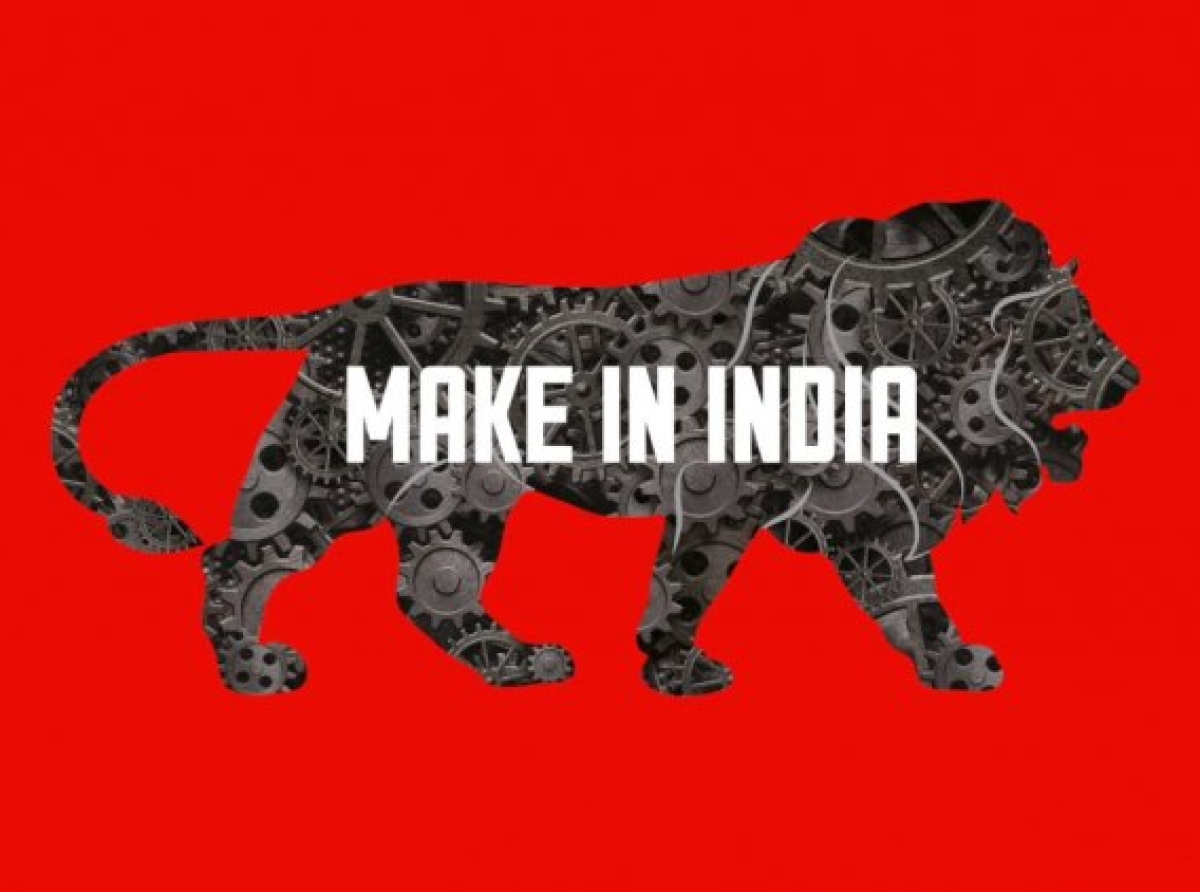06 July 2023, Mumbai
The Potential of the Indian Denim Industry; The global denim market is projected to reach $64.1 billion by 2020.
India's denim industry has demonstrated consistent growth, with a current manufacturing capacity of approximately 1.1 billion meters per year. The industry operates at utilization levels of 80-85 percent.
Despite these impressive figures, the Indian denim manufacturing sector only contributes 5 percent to the global market, reflecting the overall performance of the textile industry.
Advantages of India as a Denim Manufacturing Hub
Unleashing the Potential; However, experts believe that denim is the only segment within the Indian textile industry with significant potential for growth. Global denim manufacturers are increasingly considering India as an emerging export region due to its adherence to quality standards, cost-effectiveness, and availability of a skilled workforce.
Domestically, the demand for denim wear is driven by rising disposable incomes, the westernization of work culture, and the growing popularity of denim jeans as business casual attire.
Furthermore, the younger generation in India, influenced by globalization, considers denim an essential part of their daily wardrobe.
Importance of Textile Industry in Make in India
The textile industry plays a vital role in the Make in India initiative, offering immense potential for growth and employment opportunities.
The government has undertaken various measures to support the sector, such as providing financial aid and subsidies, establishing special economic zones, and streamlining regulations.
The Make in India scheme has already proven to be beneficial for the textile industry, attracting investments from multinational corporations, thanks to the increasing presence of organized retail, favorable demographics, and rising income levels that are expected to drive textile demand.
Government Measures
To capitalize on these opportunities and achieve sustainable growth, India should focus on medium-term policy priorities. Firstly, it is crucial to maintain macroeconomic and financial stability.
Additionally, India should continue to liberalize trade and foster greater trade integration to fully leverage its current exports and production structure.
Sustainable Growth
Mission-Driven Execution; One strategy to streamline the sector is by establishing large-scale clothing parks and shared textile manufacturing infrastructure. Upgrading outdated equipment and technologies should be a key priority to modernize the industry.
Furthermore, India needs to develop a comprehensive plan specifically tailored to the textile industry. Once the plan is in place, the nation should adopt a mission-driven approach to diligently execute it.
Emerging Opportunities
India possesses several advantages for denim manufacturers. It is one of the few countries with a presence across the entire textile value chain, from cotton production to garment manufacturing.
Additionally, India has a large skilled workforce and offers quality products at competitive prices.
Most textile companies in the country have adopted global safety and environmental compliance standards to remain competitive internationally.
Walmart's ambitious plan to export goods worth $10 billion annually from India by 2027, will support the Make-in-India program. It also discusses the Production-Linked Incentive (PLI) scheme, aimed at encouraging investment in textile manufacturing, particularly man-made fibers, and technical textiles.
Furthermore, India's demographic factors, such as an expanding purchasing power and a modernizing fashion sense, contribute to the growth of the sector. In fact, India is ranked as one of the top destinations for retail investments among emerging markets.
Challenges and Opportunities in the Indian Denim Sector
Despite rapid growth in the Indian denim manufacturing industry in recent years, there are still challenges to overcome.
Technological expertise remains an issue, and the "Make in India" initiative must provide specific support to the indigenous denim industry for it to be successful. Integration of technology and capacity building is crucial to increasing fabric production, both for domestic consumption and exports.
The Role of the "Make in India" Initiative in Denim Manufacturing
The "Make in India" initiative holds immense potential for the Indian denim industry. Its vision has the power to transform the industry's perception and increase India's contribution to the global denim market.
Continual Growth; To realize this vision, the denim manufacturing sector needs supportive mechanisms and effective implementation.
Once these are in place, India's domestic denim market and its export capabilities will become unparalleled.
India's Position in the Global Textiles and Garment Market
India's affordability in terms of raw materials and labor, advancements in textile technology, and the "Make in India" policy make it an attractive destination for foreign investment in the textile and garment business.
The initiative aims to not only position India as a global producer but also cater to the growing consumer base. This also applies to the global fashion industry.
From Mass Production to Handwoven Heritage; Unleashing the Potential of Indian Handicrafts By Balancing Industrialized and Handmade Textiles in Make in India.
Bridging the Gap in Global Textiles
Recognizing the potential of India's textiles and garment category, the government has allowed 100 percent foreign direct investment (FDI) in the sector. Previously, protectionist measures limited international companies from conducting business in India without partnering with local entities.
Impressive Manufacturing Capacity; While India has natural advantages in cotton production, cheap labor, and rich history, it has lagged behind other ASEAN countries such as Myanmar, Bangladesh, and Vietnam. The importance of free trade agreements that facilitate.

























